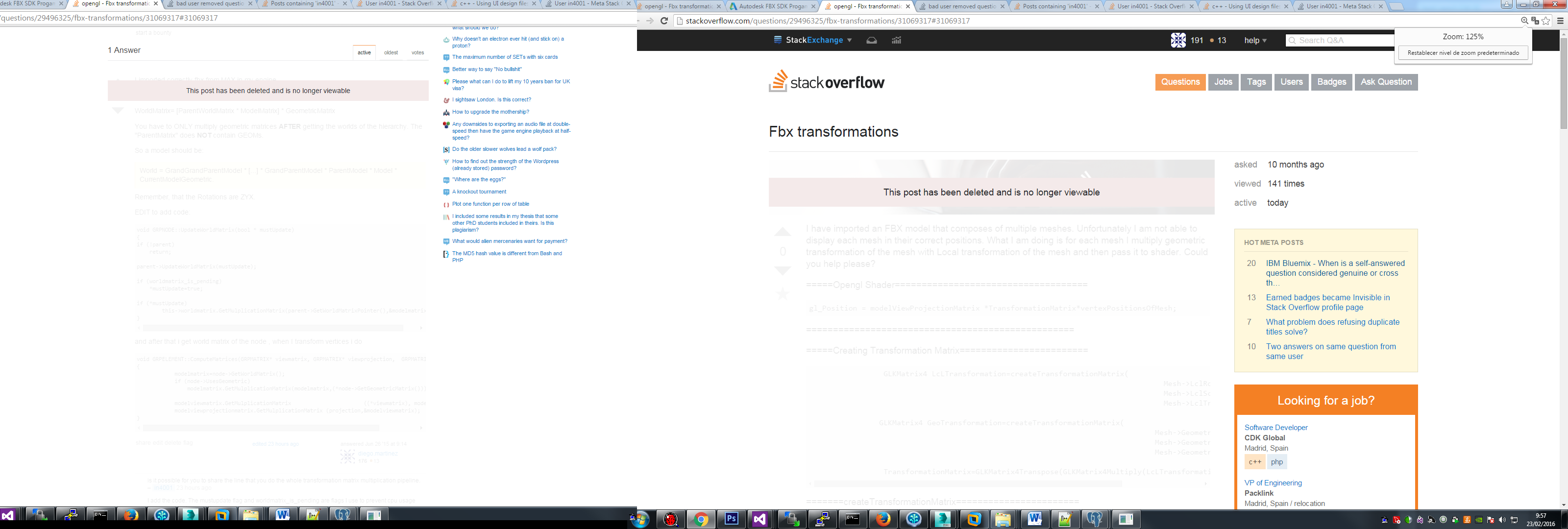To @in4001, for future reference.
The correct approach would be to post a comment saying "I'm sorry, but this answer is not solving the problem, because...". Or alternatively, ask for clarification if you don't understand parts of the answer. Give the poster a chance to complete the answer.
Needless to say, that comment should be posted swiftly after the answer has been posted and not 8 months later. Although I suppose a late comment is better than no comment.
Regarding voting & accepting as answer:
If the answer is helpful and complete, you should up-vote it. If it is the best of several such answers posted, you should accept it as the answer to the question.
If the answer is helpful but not complete, just giving hints towards the solution, or giving a partial solution, you should up-vote it.
If the answer isn't helpful, although it attempts to answer the question and it contains no serious quality concerns, don't vote on it at all.
If the answer is of poor quality, incorrect, off-topic, recommending to use bad practice etc, you should down vote it.
If there are improvements to the answer(s), re-visit them and reconsider the above.
If there are no improvements and no complete answer, but you know the answer to the question yourself, then post it as an answer of your own and accept that as the correct answer.
And of course, your answer needs to fulfil the requirements of the question. If your question explicitly says "I cannot use x", then you shouldn't post an answer which uses "x". That would be a poor quality answer.
Note that there is a grace period from the point where you post an answer to your own question until you can accept that answer as the correct one. This is intentional, to give other users a chance to post answers or to improve existing ones.
You are only obliged to accept an answer if you believe it is correct and answers the question.
Please note that the lack of good/complete answers is often caused by the question itself. So another option is to read the question once more, check if there is something unclear, if there are more details you could provide, if the tags are correct etc. Edit the question if you find ways to improve it.
Deleting your question is more of a last resort, for cases where you think that the question doesn't make any sense, or is of poor quality beyond rescue, or is of no interest to future readers (for example: "Ah crap, turns out that this strange bug was just caused by a forgotten semicolon.").
